ORIGINAL RESEARCH
Published on 04 Oct 2021
Nutrient Inputs Stimulate Mercury Methylation by Syntrophs in a Subarctic Peatland
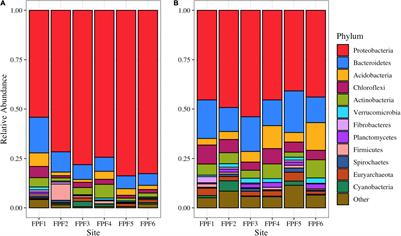
doi 10.3389/fmicb.2021.741523
- 3,196 views
- 16 citations
10k
Total downloads
86k
Total views and downloads
Select the journal/section where you want your idea to be submitted:
ORIGINAL RESEARCH
Published on 04 Oct 2021

ORIGINAL RESEARCH
Published on 23 Jun 2021
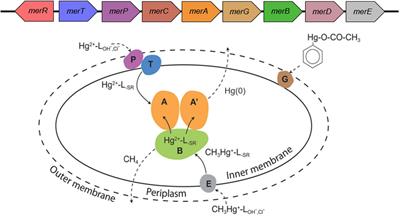
ORIGINAL RESEARCH
Published on 09 Jun 2021
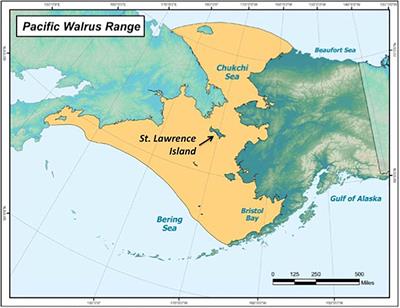
ORIGINAL RESEARCH
Published on 19 Mar 2021
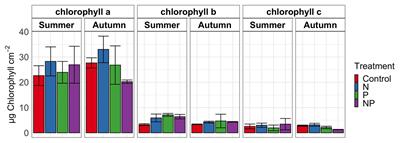
ORIGINAL RESEARCH
Published on 14 Oct 2020
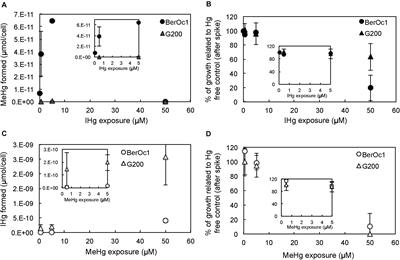
ORIGINAL RESEARCH
Published on 06 Oct 2020
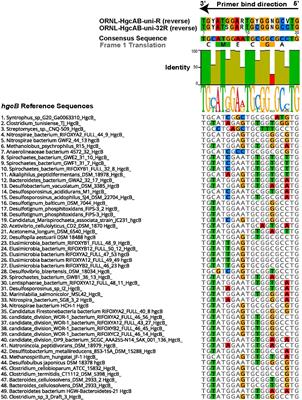
ORIGINAL RESEARCH
Published on 22 Sep 2020
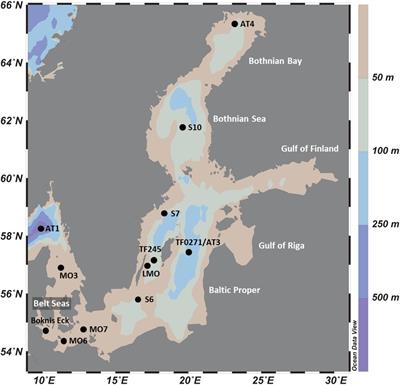
ORIGINAL RESEARCH
Published on 03 Jul 2020
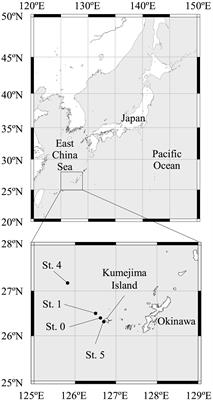

Frontiers in Environmental Science